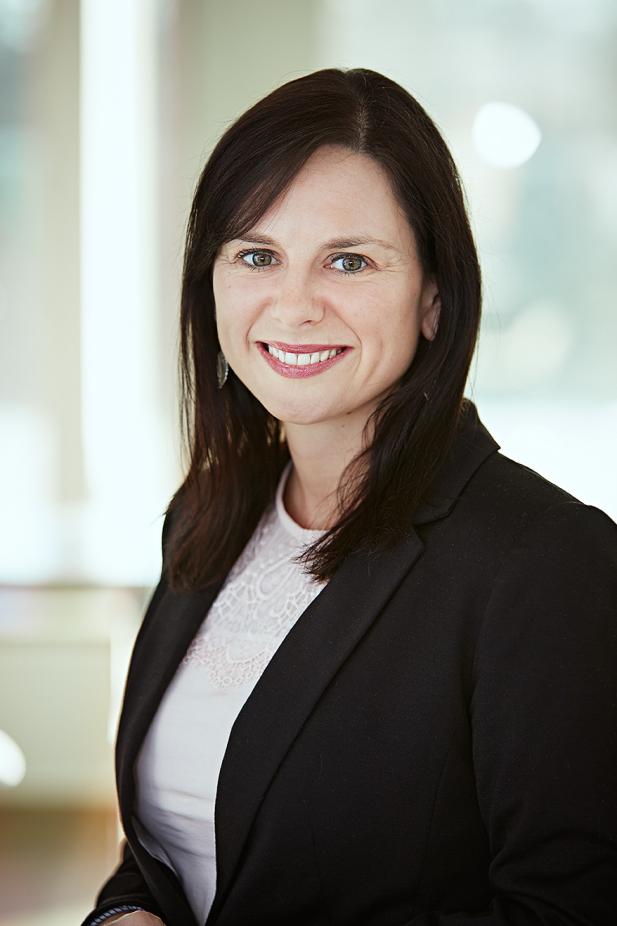What do you want to do after the MBA?
What do you want to do after the MBA?
Students come to do an MBA for many reasons. Some are looking to take the next step in their current career path and feel the MBA will prepare them to do that; others are looking to change careers and enter into a new industry, role, or location. No matter what, an MBA will broaden students’ horizons and opportunities they may not have thought of, will likely appear during the year. The MBA year gives them an opportunity to reflect on both where they have come from and where they are going.
Once enrolled, I encourage students to start doing some career oriented thinking even before they arrive. The one-year MBA goes by quickly and it can be easy to get swept up in the curriculum and MBA life and put the career thinking on the backburner. Before you know it, the year has passed and it’s time to begin the job hunt. Before the programme begins, students generally will have a bit more downtime to think and reflect on their strengths and weaknesses, their career highlights to date and where they would like to go in the future. For some who would like to make a career change but don’t know in what way, this may seem like a daunting task. We work with these questions and reflections throughout the course of the programme, but it is important to have a good starting point to build from.
In my role at CBS, I help students to break their thinking down into a systematic and manageable process. To help understand what it entails, I’ve outlined part of this process below:
1. Understand yourself
I have many exercises that I encourage students to complete to help them better understand their values, interests, motivations and skills. These are used in conjunction with career coaching to help students truly understand themselves. Although students often think they already ‘know themselves’, this is perhaps the most important key step to get a good foundation, before being able to match these skills and attributes to a potential career.
2. Brainstorm potential career moves
It’s important to think freely in this exercise and not be constrained by potential barriers. The goal is to get as many potential matches to suit the student’s skills, interests, motivations and values (there will be plenty of time to rule out options later on).
3. Start researching
Getting an understanding of the industry and role will be imperative to ensure that the student targets a career that is a good match for them. This involves doing desk research – looking at roles on company websites, looking at Career guides such as the Vault Career Guide series, looking at industry trade journals, career webinars, company presentations, attending industry conferences, trade shows – the list is endless. Talking to people in the specific role industry that they’re interested in is just as important as the desk research. Getting an understanding of the day-to-day work and career paths from someone that is currently in the role and asking them pertinent questions will help them ascertain if it’s a good fit.
4. Evaluate
Once a student starts finding out more about different industries, they can start evaluating whether it is a correct fit. Throughout the research stage, there should be a continuous evaluation as to whether it is meeting the set of criteria that the student defined in their initial exploratory stage. Keep in mind that a potential career option may be unlikely to fulfill all criteria, so it’s about finding the maximum fit.
5. Do a Gap Analysis
It is also likely that a student might be drawn to a role and/or industry but in their current guise, they might not be attractive to a recruiter. It’s important to understand where the gaps are and what they can do in order to fill them and in what time frame. Many career changes may take several steps to get to their final destination. Being realistic is important and can allow students to make a more focused action plan as to how they can make it happen.
6. Focus on your target and take action
Of course, coming up with a realistic target career goal post MBA is only the very beginning of the process! However, having a concrete target is necessary to be focused and efficient in the rest of the job search. I encourage students to also be thinking about an alternative plan in case they start the process and realize that their first goal is not as achievable as they initially thought. The job search process is not linear; students will be moving backwards and forwards between the different steps which can be frustrating and at times even feel like they are going backwards, but it is a necessary process to achieve one’s goal(s)
Claire Hewitson
Full-time MBA Careers Manager
che.ino@cbs.dk